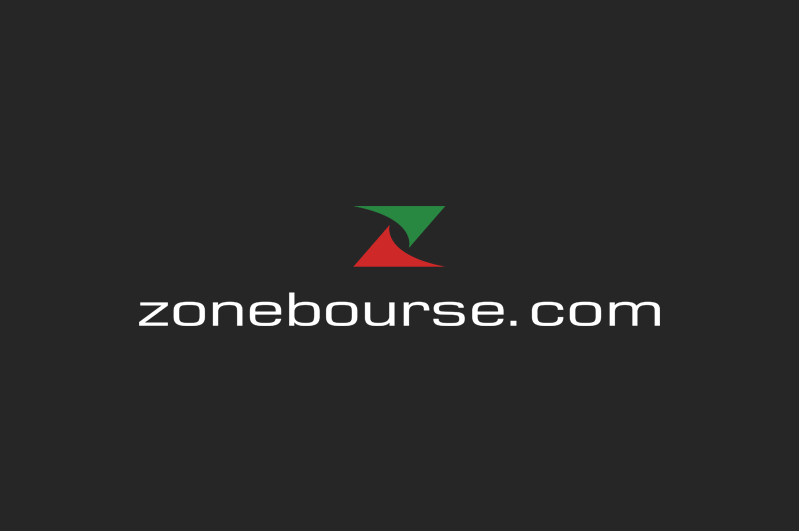Chasing unpaid invoices is taking a toll on Belgian companies, costing them more than 9.2 billion euros annually, according to the European Payment Report by debt collection agency Intrum. The report surveyed 10,500 companies to gather these findings.
On average, Belgian companies spend 69 days each year trying to collect outstanding invoices. This persistent issue has a snowball effect on the supply chain and hampers the growth of one in three companies, warns Guy Colpaert, the managing director of Intrum Benelux.
The struggle to pay invoices on time stems from inflation and high interest rates, making it challenging for companies to meet their financial obligations promptly. This problem reverberates throughout the entire supply chain, as companies themselves are often paid late. A staggering 62 percent of companies express a desire to pay their suppliers faster, but find it currently unfeasible. Unfortunately, there is little optimism that this situation will improve in the near future.
The issue of delayed payments is not limited to companies alone. Between 2022 and 2023, the time between the agreed payment term and the actual payment has increased by 57 percent for consumers, 25 percent for businesses, and 12.5 percent for the public sector in Belgium.
Intrum’s report highlights energy and utility companies as the outliers in payment delays. On average, customers of these companies take 73 days to settle their invoices, compared to 48 days in the previous year.
The significant financial burden caused by unpaid invoices and the prolonged chase for payment pose a serious challenge to Belgian companies. Finding solutions to expedite payments and improve the overall payment culture is crucial to fostering growth and stability in the business landscape.
What percentage of companies express the desire to pay their suppliers more quickly, but currently find it unfeasible
Belgian companies are facing a major challenge as they grapple with chasing unpaid invoices, costing them an astonishing 9.2 billion euros annually, according to a report by debt collection agency Intrum. The study surveyed 10,500 companies, revealing that businesses in Belgium spend an average of 69 days each year trying to collect outstanding invoices. This persistent problem has a detrimental effect on the supply chain, hindering the growth of one in three companies, according to Guy Colpaert, the managing director of Intrum Benelux.
The difficulties in promptly paying invoices stem from inflation and high interest rates, which make it difficult for companies to meet their financial obligations on time. This issue creates a ripple effect throughout the entire supply chain, as companies themselves often face delayed payments. A startling 62 percent of companies express the desire to pay their suppliers more quickly, but currently find it unfeasible. Unfortunately, there is little optimism for improvement in the near future.
The problem of delayed payments extends beyond companies to consumers and the public sector in Belgium. Between 2022 and 2023, the time between the agreed payment term and the actual payment has increased by 57 percent for consumers, 25 percent for businesses, and 12.5 percent for the public sector.
The report by Intrum highlights energy and utility companies as the outliers in payment delays. On average, customers of these companies take 73 days to settle their invoices, compared to 48 days in the previous year.
The financial burden caused by unpaid invoices and the lengthy process of chasing payment pose a serious challenge to Belgian companies. Finding solutions to expedite payments and improve the overall payment culture is crucial for fostering growth and stability in the business landscape.



Unpaid invoices are a persistent problem impacting Belgian companies’ growth potential. It’s crucial for businesses to proactively chase these invoices to minimize financial strain and ensure sustainable growth.
Unpaid invoices can be detrimental to Belgian companies, hindering business growth and posing financial burdens. Addressing this issue promptly is crucial to maintain a healthy business environment and sustain long-term success.